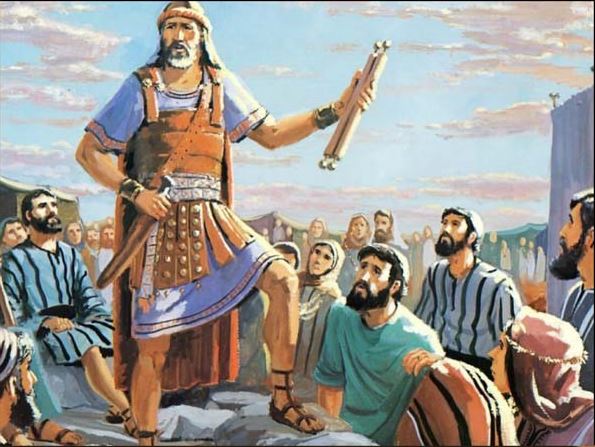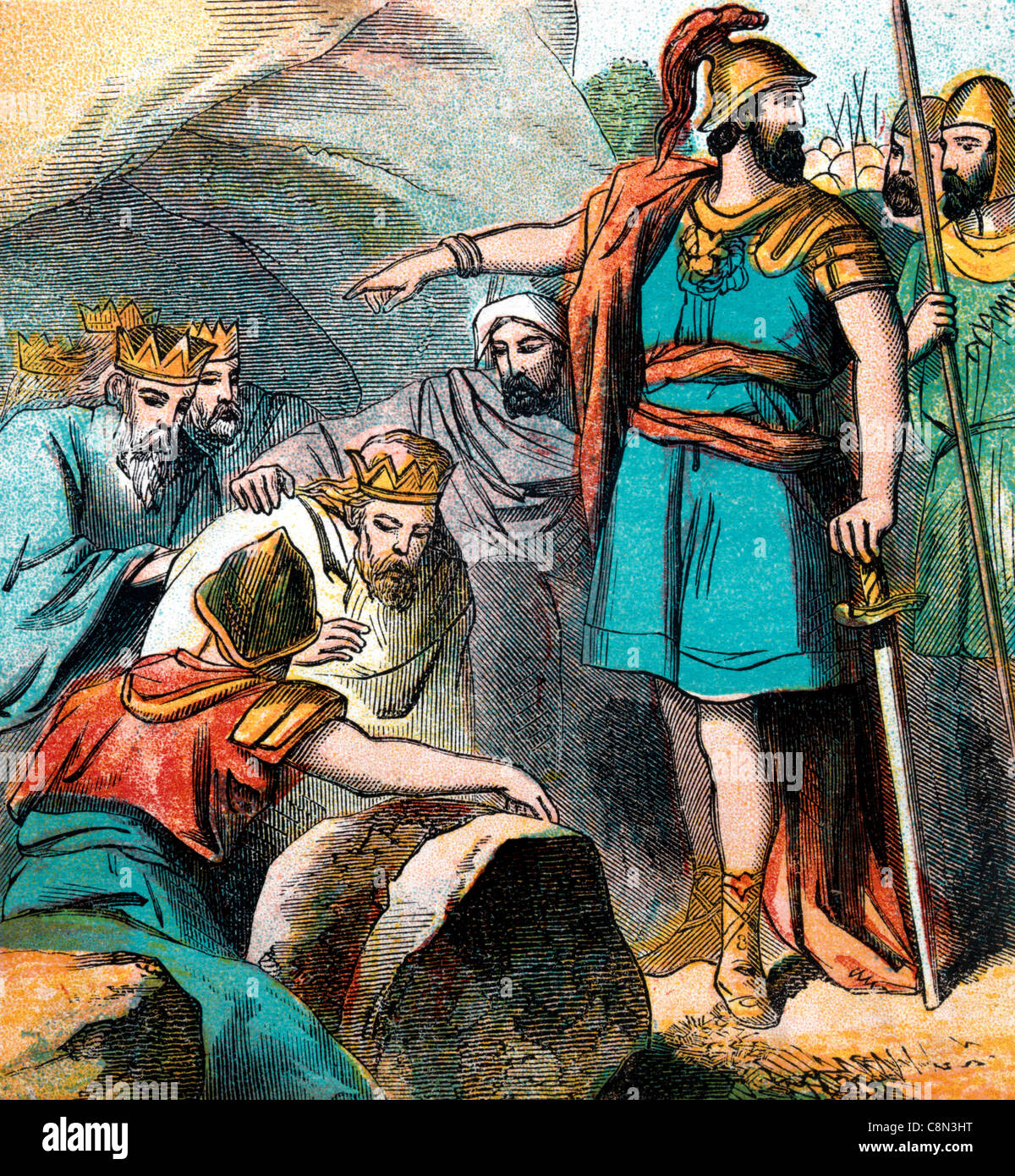Many folks online have grown quite curious about Joshua Block, the person known widely as @worldoftshirts on TikTok. His presence on social media, you see, often brings up conversations about his well-being and the specific health matters he faces. It's a topic that, in some respects, draws a lot of attention, as people watch his daily activities and how he interacts with the world around him. This discussion, really, touches on what it means for someone with unique personal circumstances to live a life that is very much in the public eye.
The interest in Joshua Block's experiences, particularly those connected to his personal health, has led to many discussions across various online spaces. People, it seems, are quite keen to get a better grasp of the challenges and everyday situations he encounters. It’s almost as if his openness about certain medical issues has created a shared space for talking about what it is like to navigate life with particular conditions, especially when those moments are shared with a large audience.
This article aims to shed some light on the various aspects of "Joshua Block disability," as it's often phrased, drawing from public mentions and the information available. We will look at how his public persona connects with conversations about neurodivergence and the support systems that can play a big part in someone's life. Basically, we're going to explore the broader picture of how his personal journey has unfolded in the public view, you know, and what that might mean for others.
- Q Significa Jose
- Invincible Thragg Voice Actor
- Itsame Yomama Nude
- Longest Instagram Call
- Billie Eilish Bikini Video
Table of Contents
- Who is Joshua Block?
- What Does "Joshua Block Disability" Mean for His Public Life?
- How Do We Talk About Individual Experiences with Autism?
- What Are the Broader Conversations Around Neurodivergence and Well-being?
- Is There a Call for Community Support for Joshua Block's Well-being?
- The Emotional Journey of Sharing Personal Health Matters
- The Role of Online Platforms in Discussing Personal Health
Who is Joshua Block?
Joshua Block, who many know as @worldoftshirts on the social media platform TikTok, has really become a very popular figure. He's a young influencer, you see, who has gained a lot of recognition for the things he does while out and about in New York City. This often includes him singing or shouting the words to songs like "Empire State" quite loudly. His public appearances and actions have certainly made him stand out, and that, in a way, is what has made him a recognizable face to so many people.
His story, in terms of his rise to online fame, is tied to these public displays and his consistent presence on TikTok. People follow his daily activities, which frequently involve exploring the city and sharing his unique perspective. It’s almost like watching a live show, as a matter of fact, with him as the main character. This public life, of course, brings with it a certain level of scrutiny and discussion, particularly when personal details come into view, such as his health and the talk around "Joshua Block disability."
Here are some details about Joshua Block, as they are generally understood from public sources:
- Hong Kong Tijuana Meme
- Sean Omalley Vs Merab Highlights
- Excuse Med Reviews
- Brainrot Fanum Nights
- Kinchana Ding Ding Ding Song
| Detail | Information |
|---|---|
| Known As | @worldoftshirts on TikTok |
| Primary Activity | Online influencer, known for antics in New York City |
| Notable Behaviors | Loudly singing/shouting song lyrics in public |
| Public Discussion Point | His personal health and condition, often referred to as "Joshua Block disability" |
What Does "Joshua Block Disability" Mean for His Public Life?
When people talk about "Joshua Block disability," they are often referring to how his personal health situation shapes his everyday experiences, especially as he lives so openly online. The information suggests that because of how serious his condition is, he had someone helping him most, if not all, of the time, and this support allowed him to stay enrolled at his high school. This kind of help, you know, can be very important for someone to participate in daily activities and learning environments.
For someone who spends a lot of time in the public eye, having a condition that requires constant assistance can present a unique set of circumstances. It means that aspects of his life that might otherwise be private become visible to a wide audience. This visibility can lead to both support and, at times, misunderstandings from those watching. It’s a bit like living under a microscope, where every action and interaction is observed and, quite often, talked about by many different people.
The presence of an aide, for example, shows a clear need for ongoing support, which is a common part of living with certain conditions. This kind of arrangement helps ensure that a person can manage daily tasks and stay safe. It also highlights the way in which some individuals rely on others to help them navigate the world, and that, in itself, is a very important part of understanding their lived experience. For Joshua Block, this aspect of his life is, seemingly, a well-known part of his public image.
The conversation around "Joshua Block disability" also touches on how society views and supports people with different abilities. When someone like Joshua Block is so visible, it brings these topics to the forefront. It gets people thinking about what kind of help is available and how communities can better include everyone. It's a reminder, too, that every person's path is their own, and that support can come in many forms, helping them to live their lives as fully as possible.
How Do We Talk About Individual Experiences with Autism?
The discussion around "Joshua Block autism insights" and "understanding autism conditions" really brings to light the fact that autism is experienced differently by each person. It's not a single thing, but rather a wide range of ways of looking at things and interacting with the world. People often talk about the "autism and disability distinction," which means recognizing that while autism can present challenges that lead to needing support, it also comes with unique strengths and perspectives. It's quite varied, actually.
When we consider "individual experiences with autism," we're thinking about how no two people on the autism spectrum are exactly alike. One person might have different sensory sensitivities than another, or communicate in a different way. This is why it's so important to listen to personal stories and to learn from those who are living with autism. Joshua Block's public life, in a way, offers a glimpse into one such "personal journey," showing what "living with" autism can look like for him, especially when it is so visible.
Getting "autism insights" involves learning about the many ways autism shows up. It means understanding that some people might need a lot of help with daily tasks, while others might be able to manage most things on their own. The key is to approach each person with an open mind and to respect their unique path. This helps us to move past general ideas and truly see the individual for who they are, with all their specific needs and abilities. It's about seeing the person, you know, beyond just a label.
The idea of "understanding autism conditions" also calls for us to think about the support systems that are in place, or that should be in place, to help people thrive. This could be anything from educational support to help with daily living. For someone like Joshua Block, whose life is so public, these discussions become even more important because they influence how a large audience perceives and reacts to him. It's a chance, too, to promote a better understanding for everyone.
What Are the Broader Conversations Around Neurodivergence and Well-being?
The topic of "neurodivergence," as mentioned in relation to discussions by Dr. Chris Raynor, is a really important one, especially when we talk about individuals like Joshua Block. Neurodivergence simply means that a person's brain works in a way that is different from what is considered typical. This can include autism, ADHD, and other conditions. It's a way of recognizing the wide variety of human minds, and that, in some respects, is a very good thing.
When we consider "substance abuse" and "the abuse that people with mental ill" face, these are serious concerns that sometimes come up in discussions about people with neurodivergent conditions. Individuals who experience neurodivergence might be more vulnerable to certain challenges, and it's important to be aware of this. It’s about ensuring that everyone, especially those who might be more at risk, gets the care and protection they need. This is a very sensitive area, naturally, and it needs a lot of thought.
These broader conversations also highlight the need for strong support networks and a community that looks out for one another. It's about creating environments where people feel safe and where they can get help if they are struggling. For someone in the public eye, these issues can become even more complicated because their struggles might play out for everyone to see. It’s a reminder that compassion and understanding are always needed, you know, for everyone.
So, when we talk about "Joshua Block disability," it's not just about his specific condition, but also about these wider issues of how society supports people with different ways of thinking and being. It's about recognizing vulnerabilities and working to create a world where everyone can live with dignity and safety. This involves talking about things like mental well-being and making sure that resources are available for those who need them. It's a conversation that, truly, benefits us all.
Is There a Call for Community Support for Joshua Block's Well-being?
There has been, apparently, a call from the community to "urge the relevant authorities to baker act joshua block." This kind of action usually comes from a place of deep concern for someone's well-being, especially when people believe that a person might be in danger or unable to care for themselves. The idea that "your signature could help save a life and bring about significant positive change" shows a strong desire within the community to see Joshua Block get the help they feel he needs. It's a very clear expression of care, basically.
This kind of community effort, where people come together to advocate for an individual, highlights the role that the public can play in drawing attention to someone's situation. It's about collective concern and the hope that by speaking up, a person can receive necessary support or protection. For someone like Joshua Block, whose life is so visible, this public concern becomes part of his story. It really shows how much people can care, you know, about what happens to others.
Such calls for intervention, while coming from a place of care, also bring up important questions about personal freedom and the best ways to offer help. It's a delicate balance, trying to ensure someone's safety while also respecting their independence. The fact that people are openly discussing this for "Joshua Block disability" shows the deep level of public interest and the desire for his well-being. It’s a very complex situation, to be honest.
The Emotional Journey of Sharing Personal Health Matters
A TikTok video from Infinite TikTok Clips mentioned discovering "the emotional journey of joshua block as he opens up about his medical issues." This really speaks to the courage it takes for anyone, especially someone in the public eye, to talk about their personal health. Sharing details about one's medical situation can be a very vulnerable act, and it often comes with a lot of personal processing. It’s a kind of path that many people find themselves on, as a matter of fact, when they decide to share such private parts of their lives.
The phrase "emotional journey" suggests that this isn't a simple, one-time announcement, but rather an ongoing process of coming to terms with and then communicating personal health information. For Joshua Block, this journey plays out in a very public way, which might add extra layers of complexity. It means that his personal experiences become part of a wider conversation, and that, too, is a very important thing to consider.
When people share their medical issues, it can also create a sense of connection with others who might be going through similar things. It helps to break down feelings of isolation and can foster a community of support. For Joshua Block, his openness, it seems, has allowed many people to feel a connection to his story, and to think about the broader implications of "Joshua Block disability" in a very human way.
The Role of Online Platforms in Discussing Personal Health
Online platforms like TikTok have become significant spaces for people to share their personal stories, including those related to health and living with various conditions. For someone like Joshua Block, these platforms are where his "personal journey" and discussions about his "medical issues" often unfold. It’s a way for him to connect directly with an audience, and for that audience to follow his experiences in a very immediate sense. This kind of sharing, actually, has become quite common.
These platforms allow for a wide reach, meaning that conversations about "Joshua Block disability" can extend to many people who might not otherwise encounter such discussions. While this can lead to greater understanding and empathy, it also means that personal health matters are discussed in a very public forum, which can have its own set of challenges. It's a bit of a double-edged sword, you know, in some respects.
The ability to share snippets of life, whether through short videos or live streams, creates a unique kind of narrative about living with a condition. It allows for a more direct, unfiltered look into someone's daily reality, which can be very powerful. For Joshua Block, his presence on TikTok means that his experiences, including those tied to his health, become part of the broader public discourse about neurodivergence and well-being. It’s a very modern way, obviously, of sharing one's story.
This exploration has looked at the various aspects surrounding "Joshua Block disability," drawing from the public information available. We've considered his identity as a TikTok personality, the implications of his health needs for his public life, and the wider conversations about autism and neurodivergence. We also touched on the community's concern for his well-being and the emotional process of sharing personal health matters on online platforms. The aim was to present a clear picture of the public discussion around his personal journey.



Detail Author:
- Name : Ernie Lehner
- Username : dbarrows
- Email : beatty.lennie@gmail.com
- Birthdate : 1998-08-26
- Address : 6603 Jaquan Prairie Jakubowskiside, ME 65150
- Phone : +1-330-825-0191
- Company : Steuber, Daniel and Bernier
- Job : Healthcare Practitioner
- Bio : Tempore ipsam saepe recusandae quidem sunt aliquid. Error fuga dolorem omnis harum nihil. Ullam et sint a dolore veniam et.
Socials
tiktok:
- url : https://tiktok.com/@cklocko
- username : cklocko
- bio : Quo consequatur consequuntur sed eum. Velit ea dolor quo esse.
- followers : 5132
- following : 718
linkedin:
- url : https://linkedin.com/in/carter.klocko
- username : carter.klocko
- bio : Animi qui enim quisquam voluptates.
- followers : 5749
- following : 1247
facebook:
- url : https://facebook.com/klockoc
- username : klockoc
- bio : Ab et voluptatem reiciendis provident incidunt sequi voluptatem.
- followers : 668
- following : 1114